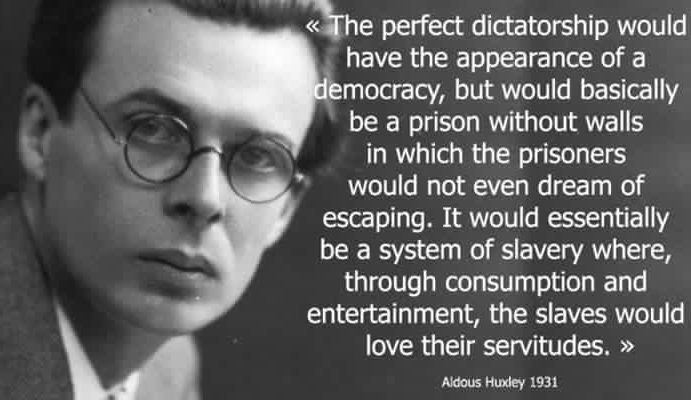In case you are not aware, the False Memory Syndrome Foundation is nothing more and nothing less than a serious and well-funded attempt to discredit the recovering memories of child abuse. Often these traumatic memories are suppressed by the brain segmenting these experiences off as a separate persona. It is this segmentation which is then augmented and used in mind control. It is recognised that at about 30, the brain chemistry begins to change and this segmentation can begin to break down. It is why many high level mind control slaves are killed at 30, apparently often in snuff films. This breakdown leads to the recovery of these memories, especially if the person is in a loving and supportive environment. This is where the FMSF comes in, discrediting these recollections as fanciful. Remember, child abuse and child sacrifice sits at the heart of the world’s hidden control system as I’ve discussed, so discrediting such recollections is a natural piece of the cover-up process.
This article, then, is a nice piece of detective work, showing how the FMSF funded the writing of the book called Try to Remember, which supports the FMSF theme of false memory. I quote from the Amazon page for the book:
In the 1990s a disturbing trend emerged in psychotherapy: patients began accusing their parents and other close relatives of sexual abuse, as a result of false “recovered memories” urged onto them by therapists practicing new methods of treatment. The subsequent loss of public confidence in psychotherapy was devastating to psychiatrist Paul R. McHugh, and with Try to Remember, he looks at what went wrong and describes what must be done to restore psychotherapy to a more honored and useful place in therapeutic treatment.
In this thought-provoking account, McHugh explains why trendy diagnoses and misguided treatments have repeatedly taken over psychotherapy. He recounts his participation in court battles that erupted over diagnoses of recovered memories and the frequent companion diagnoses of multiple-personality disorders. He also warns that diagnoses of post-traumatic stress disorder today may be perpetuating a similar misdirection, thus exacerbating the patients’ suffering. He argues that both the public and psychiatric professionals must raise their standards for psychotherapy, in order to ensure that the incorrect designation of memory as the root cause of disorders does not occur again. Psychotherapy, McHugh ultimately shows, is a valuable healing method—and at the very least an important adjunct treatment—to the numerous psychopharmaceuticals that flood the drug market today.
An urgent call to arms for patients and therapists alike, Try to Remember delineates the difference between good and bad psychiatry and challenges us to reconsider psychotherapy as the most effective way to heal troubled minds.
End of quote.
Enough said.

Recent Comments